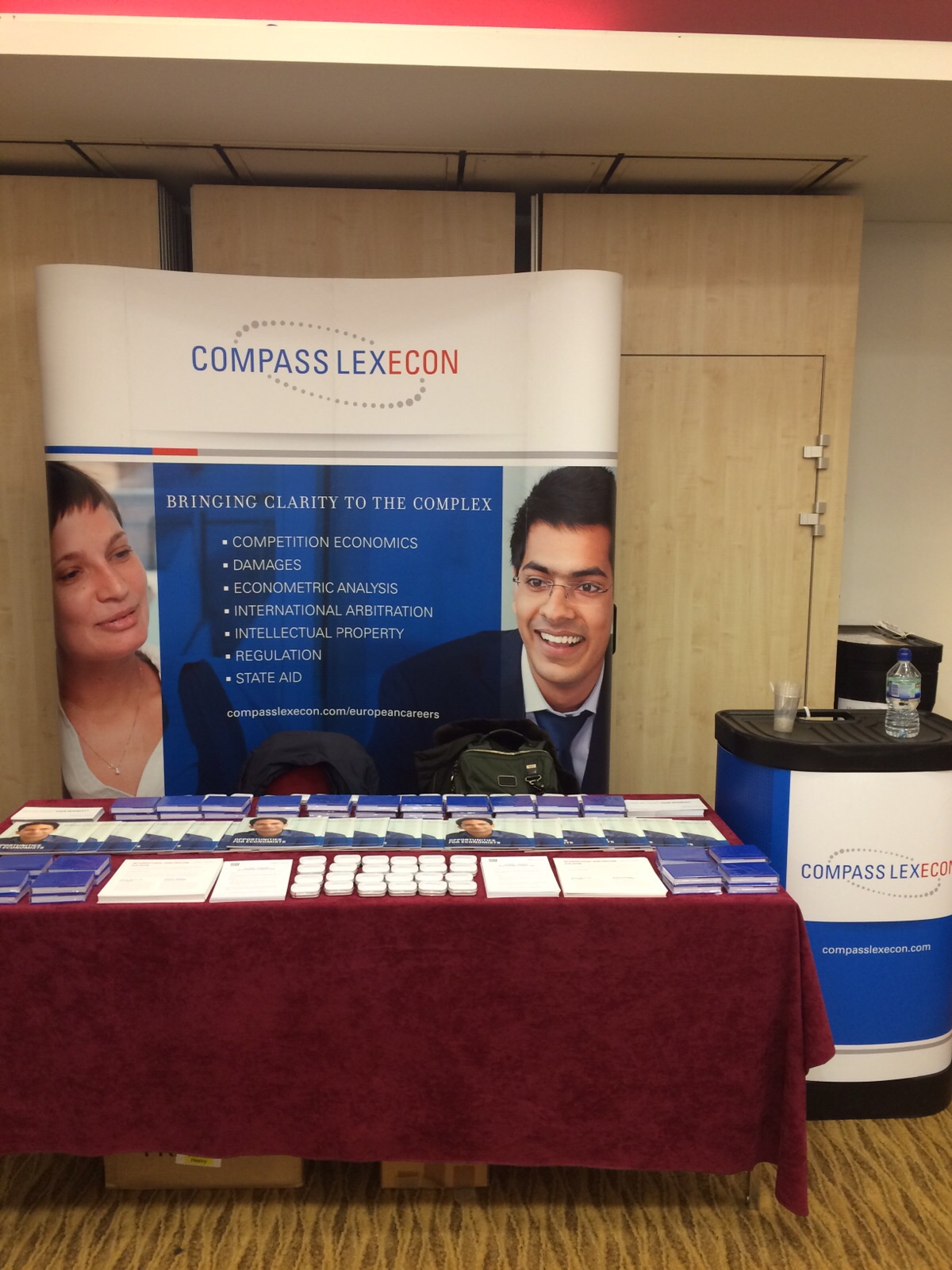Alyssa Lam

Name: Alyssa Lam
Home/EU/Overseas: Hong Kong
Course/Graduated: BSc Economics and Industrial Organisation (2012)
Current role: Senior Analyst, Compass Lexecon
Could you sum up your experience of Economics at Warwick?
Studying Economics at Warwick was a hugely positive experience for me. I thought the quality of teaching was very high, and I liked the fact that the Economics department was so big (having many peers meant a lot of people in the same boat).
The content/structure of the course and the modules is also very well thought-out. The econometrics modules had a nice balance between theory and practical application; the RAE in final year was very useful as a talking point during interviews, and for my masters at LSE.
How did the course and department prepare you for life beyond graduation?
As part of my course, one of my IO modules was run by Dr. Chris Doyle, who specifically taught Competition Economics at the time. That course not only prepared me for exactly the type of work I do now, but more importantly it introduced me to a field of work I did not even previously know existed.
What have you been doing since graduation?
After graduating from Warwick, I went on to do a Masters at the LSE in Economics and Management. Following that, I did an internship with Compass Lexecon, and managed to join full-time straight after.
What steps did you take to find employment?
Whilst at Warwick, I used all the resources available to me: I attended all the careers fairs, a number of company presentations/networking events, as well as the MyAdvantage portal. During my time at LSE, I only ended up making two job applications, one of which got me where I am today.

What does your current job involve?
Compass Lexecon is an economic consultancy that focuses particularly on competition and antitrust cases. Basically, whenever firms face some kind of competition law restriction (e.g. mergers between two “large” firms, cartels, when a firm wishes to accuse another firm of abusing their “dominant position” in the market), we may be asked to do economic analysis and provide evidence that the action is/is not anticompetitive.
As an analyst you typically work on helping to carry out the analysis under the direction of your case manager: data collection, cleaning and organisation; research; communicating with the client; and drafting. I remember during university, I thought I would never use Stata again; it turns out I use it almost every day.
What’s the one piece of advice you would give to current students?
You don’t have to work in banking and finance. There are jobs where economists actually get to apply what they learn. Take the time to do more research: speak to your professors/ career advisors/ peers, have a chat with other firms at careers fairs besides the big names you already know.
Just because you might not know of their company, doesn’t make it a “small” or “not as successful” firm in their field. If you actually like economics, look for jobs that primarily hire students with an economics degree, rather than one that doesn’t care what discipline you’re trained in.
